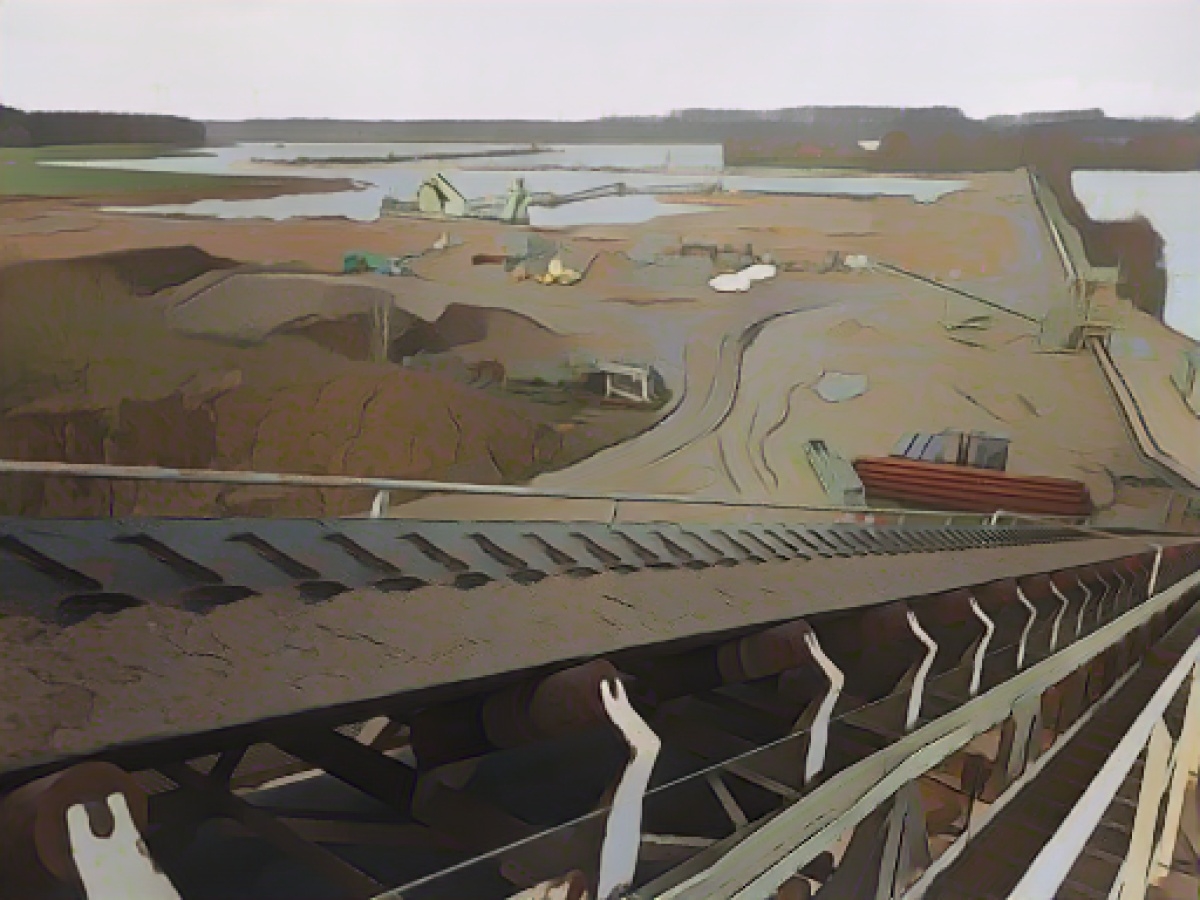Dispute over gravel extraction could end up in court again
Despite the unresolved dispute over gravel extraction in the Lower Rhine region, the Ruhr parliament approved a new regional plan on Friday. The plan lays down the foundations for the region with its 5.1 million inhabitants, for example for the expansion of residential and commercial areas, nature conservation areas and traffic arteries. Raw material extraction remains a major point of contention. The plan provides for 17 new excavation holes to be created in the district of Wesel for the extraction of gravel and sand for the construction industry. The affected municipalities reject this and immediately announced that they would consider a new lawsuit.
The municipalities had already successfully challenged an earlier draft plan at the Higher Administrative Court in 2022. They criticized the irretrievable loss of valuable landscape due to large-scale gravel extraction. The Ruhr Regional Association (RVR) then submitted a revised version, which now provides for a fifth less gravel extraction area. The industry considers this to be an unnecessary shortage of important raw materials, which would make construction projects even more expensive.
The affected communities, on the other hand, criticize the fact that "their homeland is still being dredged away". "This would be accompanied by the permanent destruction of the ecologically valuable Lower Rhine cultural landscape and important agricultural land for a secure regional and national food supply," the affected municipalities announced on Friday. "Our only last resort now is to take legal action."
Apart from the contentious issue of gravel extraction, there was a great deal of support for the Ruhr Regional Plan. Among other things, it defines areas where around 140,000 homes and industrial estates with 195,000 jobs could be built. At the same time, areas are defined that must remain free of development - for example as local recreation areas and as cold air corridors for the large cities in the Ruhr region.
"This plan for the future will play a key role in helping us to become the greenest industrial region in the world," said Frank Dudda, Chairman of the RVR Association Assembly. Representatives of industry and trade welcomed the regional plan.
The approved regional plan includes provisions for reducing gravel extraction areas due to environmental concerns, but this is still a contentious issue for the affected municipalities. They argue that the continued extraction of raw materials like gravel and sand could lead to significant environmental damage and loss of valuable agricultural land.
Source: www.dpa.com








